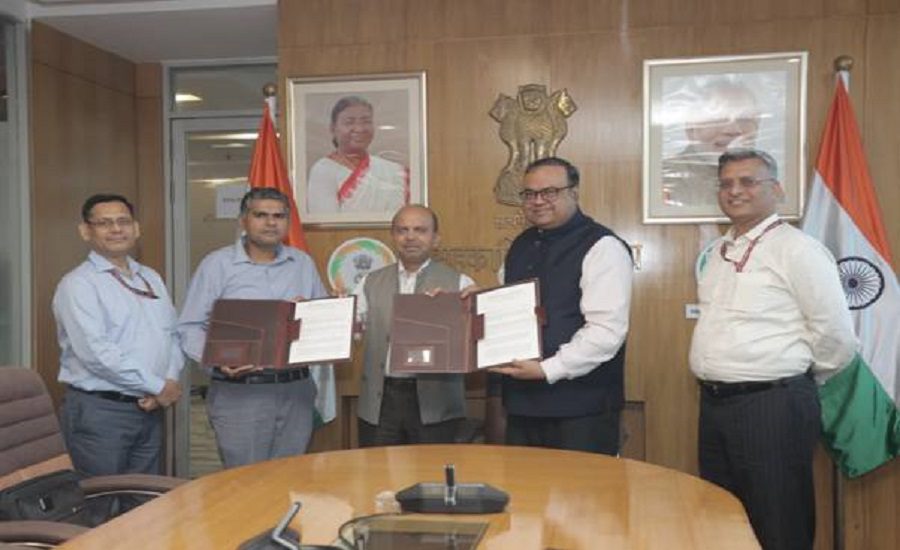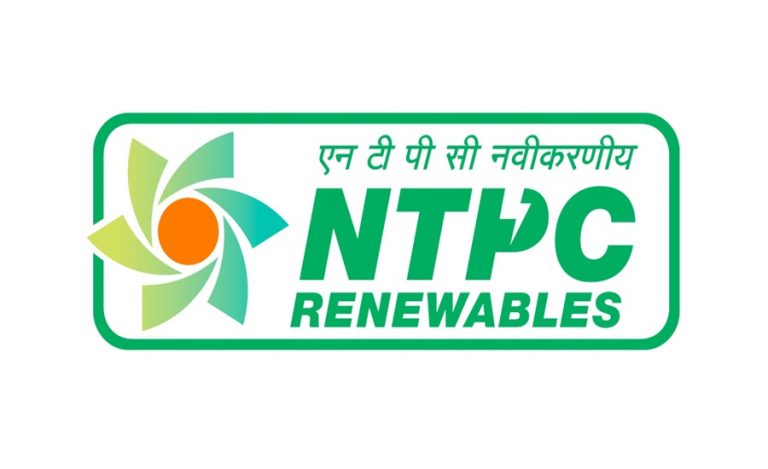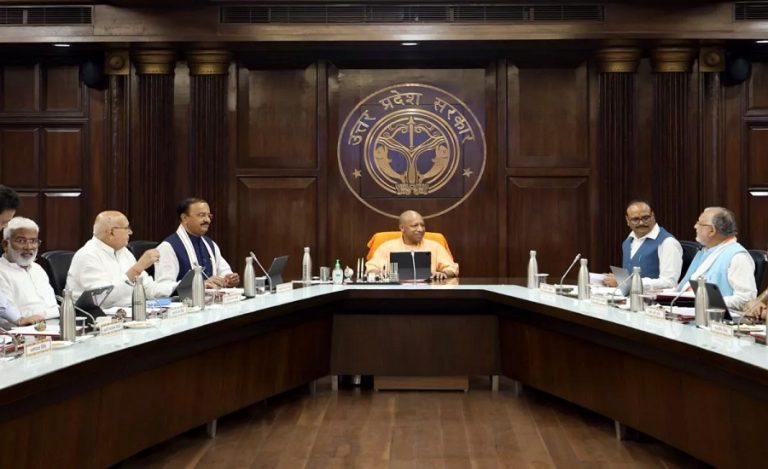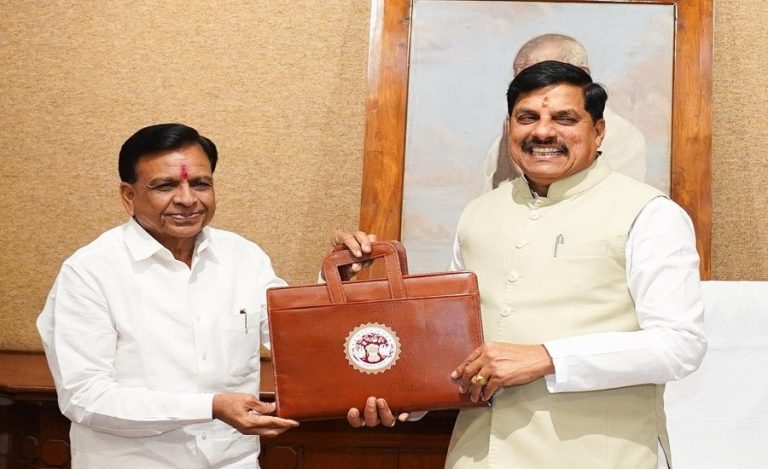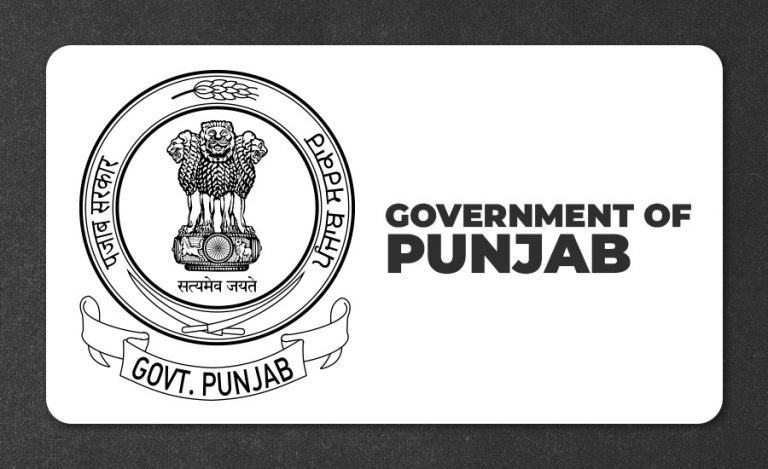New Delhi: In a significant move to strengthen India’s agricultural export ecosystem, National Co-operative Exports Limited (NCEL) and the Agricultural and Processed Food Products Export Development Authority (APEDA) signed a Memorandum of Understanding (MoU) to promote cooperative-led agricultural exports. The MoU signing ceremony took place in the presence of Dr Ashish Kumar Bhutani, a 1992 batch of Assam-Meghalaya cadre and Secretary, Ministry of Cooperation.
This landmark agreement reflects the Central Government’s strategic approach to synergise the strengths of the Ministry of Cooperation and the Ministry of Commerce and Industry, as part of the broader objective under the newly launched National Cooperation Policy.
Bringing Together Two Key Export Drivers
The MoU was signed by–
- Mr Abhishek Dev, Chairman, APEDA
- Mr Unupom Kausik, Managing Director, NCEL
Speaking on the occasion, Dr. Bhutani said-
“Aligning NCEL’s nationwide cooperative network with APEDA’s export facilitation capabilities will enhance value realisation for farmers, bolster rural livelihoods, and strengthen India’s global market presence.”
He emphasised the Ministry’s focus under the leadership of Prime Minister Shri Narendra Modi and the guidance of Union Home Minister and Minister of Cooperation Shri Amit Shah to make cooperatives globally competitive.
Key Focus Areas Under the MoU
The collaboration between NCEL and APEDA will centre around–
- Capacity building and structured training programmes
- Quality compliance and certification for exports
- Infrastructure development and revival
- International branding and market positioning
- Participation in global trade fairs and expos
- Commodity-specific export strategy formulation
- Market intelligence and data analytics
This will enable cooperative societies to better understand global standards related to quality, food safety, and export documentation.
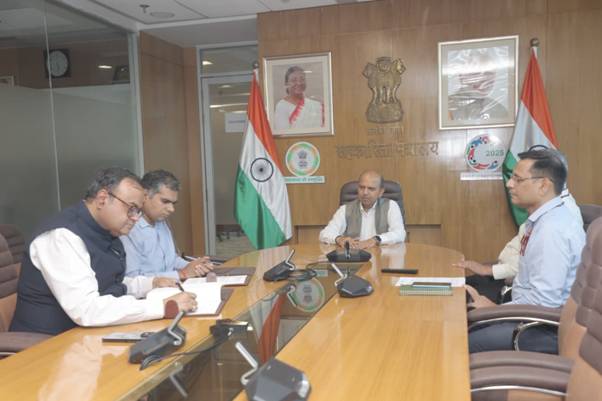
Empowering Cooperatives for Global Markets
Mr Pankaj Kumar Bansal, Additional Secretary, Ministry of Cooperation, highlighted that-
“This MoU empowers NCEL with APEDA’s technical expertise and policy support, enabling cooperative members to access new markets, improve their export readiness, and earn premium value for their agricultural produce.”
The agreement also leverages NCEL’s role as a national umbrella organization for cooperative exports, creating a comprehensive framework for improving market access and export competitiveness across India’s cooperative sector.
Driving India’s Export Goals Through Cooperatives
The partnership is expected to bring tangible economic benefits by-
- Increasing India’s share in agri and food product exports
- Encouraging diversified export portfolios from cooperatives
- Strengthening farmer incomes and rural economic resilience
- Supporting India’s commitment to Atmanirbhar Bharat and Viksit Bharat @2047
By bridging institutional capabilities with on-ground farmer cooperatives, this MoU marks a pivotal step in building a resilient, competitive, and inclusive cooperative export ecosystem.
About APEDA
The Agricultural and Processed Food Products Export Development Authority (APEDA) is a statutory Indian government body, established in 1986, that promotes and develops exports of scheduled agricultural and processed food products from India. Working under the Ministry of Commerce and Industry, APEDA serves as a bridge between Indian exporters and global markets by providing comprehensive export services, improving infrastructure, implementing quality control, and organizing export promotion events for a wide range of products, including fruits, vegetables, grains, meat, dairy, and more
About NCEL
National Co-operative Exports Limited (NCEL) is a multi-state cooperative society promoted by the National Co-operative Development Corporation (NCDC) to boost exports from India’s cooperative sector. Registered under the Multi-State Cooperative Societies (MSCS) Act, 2002, NCEL acts as an umbrella organization, facilitating the export of goods and services from Indian cooperatives by focusing on marketing, branding, packaging, logistics, and accessing global markets to improve the economic well-being of its members.

